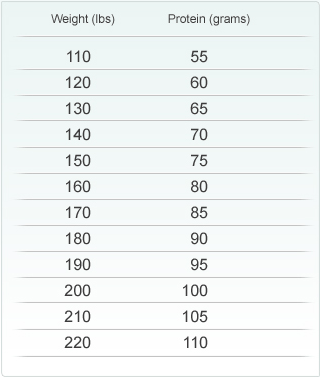By Luigi Gratton, M.D., M.P.H.
Eating a balanced diet means that you're taking in a variety of healthy foods at reasonable intervals throughout the day - it doesn't mean that you "balance" healthy foods eaten during the day with junk foods like pizza and ice cream at night.
But for many people, when the sun goes down, so does their willpower. While they can maintain their sensible eating habits during the day, evening often signals the start of an unending food fest until bedtime.
Strange as it may seem, one of the best solutions to controlling your appetite after dark is to eat more often during the daylight hours. Heavy evening snackers often lack a regular eating pattern – one that includes sensible meals combined with healthy and nutritious snacks.
Putting the Myth to Rest
You've probably been told that eating late at night is detrimental. But while your calorie needs are lowest during the night, there is no conclusive scientific evidence that the calories ingested at night are stored more efficiently than those eaten at other times.
Eating foods later in the day rather than earlier is not what leads to weight gain – what matters is your daily caloric intake as a whole. No matter when you eat, if you take in more than you need, your body stores any extra calories as fat. Curbing evening snacking habits leads to weight loss simply because fewer calories are being taken in over the course of the day.
Feeding Frenzy
We do tend to eat most of calories late in the day - Americans eat more calories during dinner than at any other meal. And if you tack on the calories eaten after dinner, it really adds up.
There are several reasons these unhealthy patterns are so commonplace. Some people don't eat enough during the day which can cause blood sugar levels to drop. This can make people overly hungry and result in overconsumption at night.
Many people are too busy to plan meals – they may dash out the door in the morning with little more than a cup of coffee, and then try to power through the day without taking time to eat properly. It's no wonder that by the time they get home at night, they're literally out of gas.
Others are simply eating as an emotional escape from stress or to beat boredom. We tend to mindlessly reach for junk food during sedentary activities such as watching television or using the computer – and we then associate these high calorie foods with relaxation and keep the habit going.
Meal Planning and Suitable Snacks
Putting in the right fuel – and at the regular intervals during the day – is one of the best defenses against nighttime nibbling. Breakfast and lunch meals should provide plenty of protein to keep your mind sharp and hunger at bay as well as some healthy carbs like fruits, veggies and whole grains to maintain blood sugar. A protein shake with fruit is a great way to start the day – otherwise, try an egg white omelet with fruit, a dish of plain nonfat yogurt with fruit, or a quick bowl of oatmeal with some protein powder stirred in.
A protein shake also makes a quick and satisfying lunch, especially when you're too busy to stop and prepare a meal. Other good choices? Try a salad with some grilled chicken or fish, or a turkey sandwich on whole grain bread with some fruit for dessert.
When energy starts to slide in the afternoon, one tactic that works is to have a substantial snack – almost a "second lunch" – between lunch and dinner. A protein shake or bar, a half sandwich, some soy nuts, or a dish of cottage cheese and fruit are all appropriate choices.
By putting more nutritional emphasis on your daytime meals and snacks, it's likely you won't be nearly as hungry at night, so your dinner meal can be lighter and smaller.
The next time you feel like "midnight munching," think about the benefits of a healthy, protein-powered snack earlier in the day. The nutritional difference will be like night and day.
Dr. Gratton also serves as vice-president of medical affairs at Herbalife.




